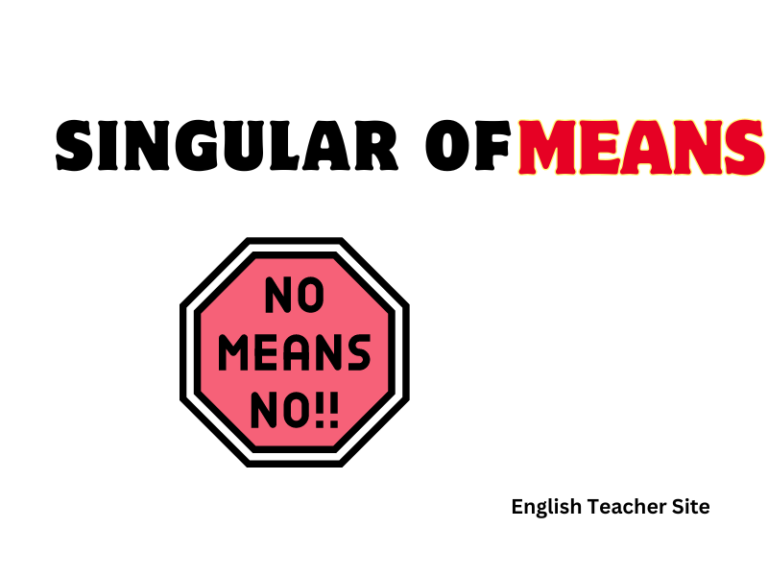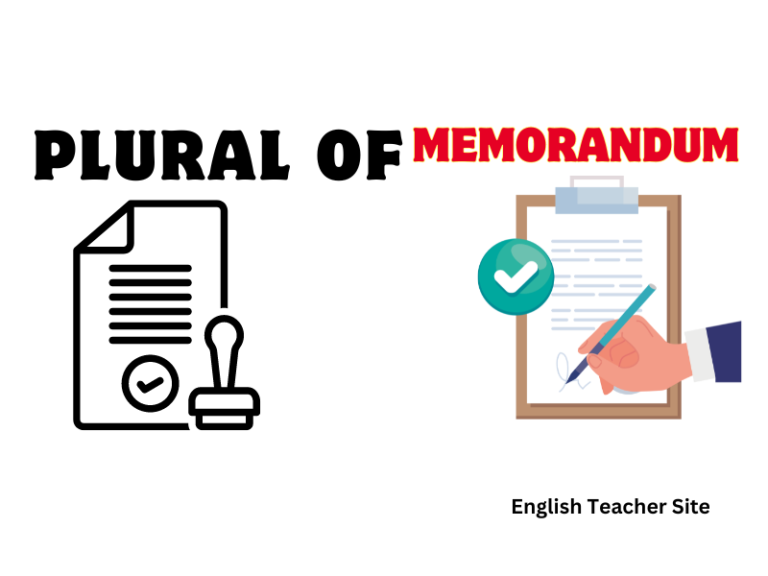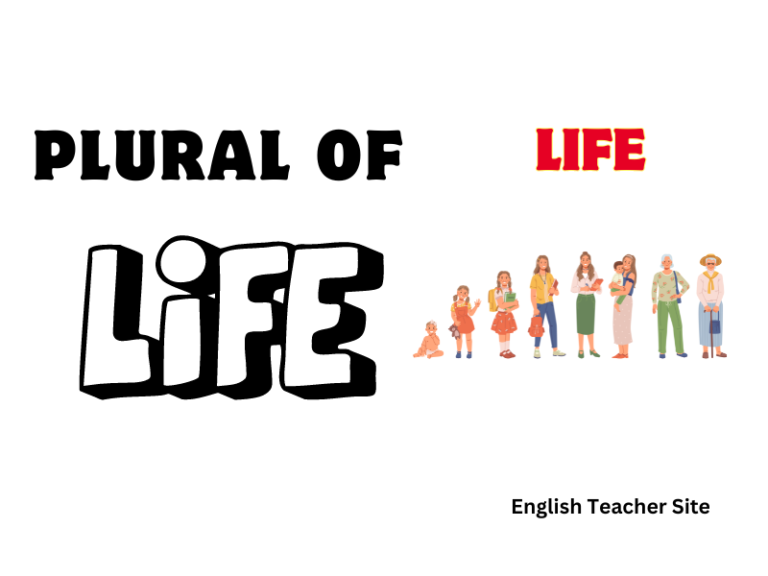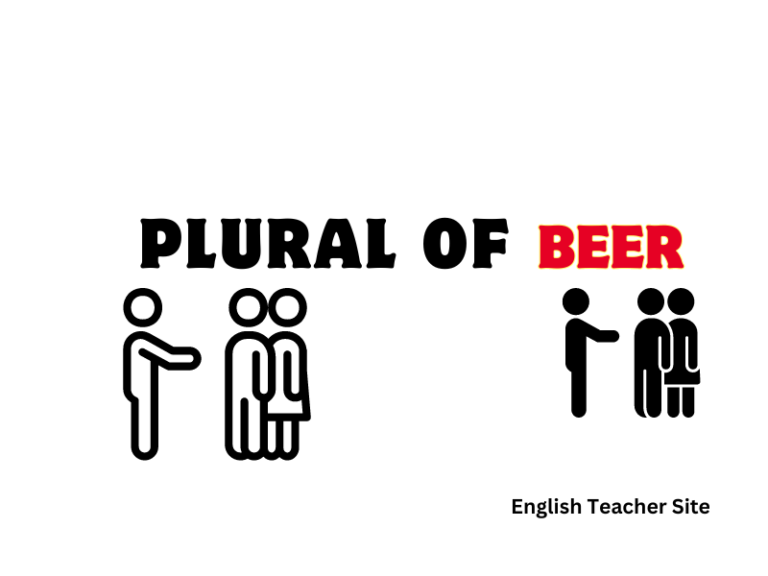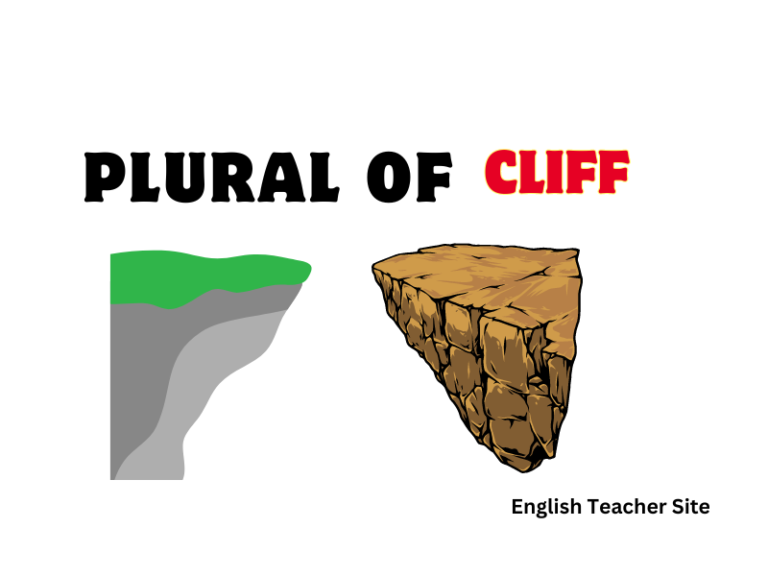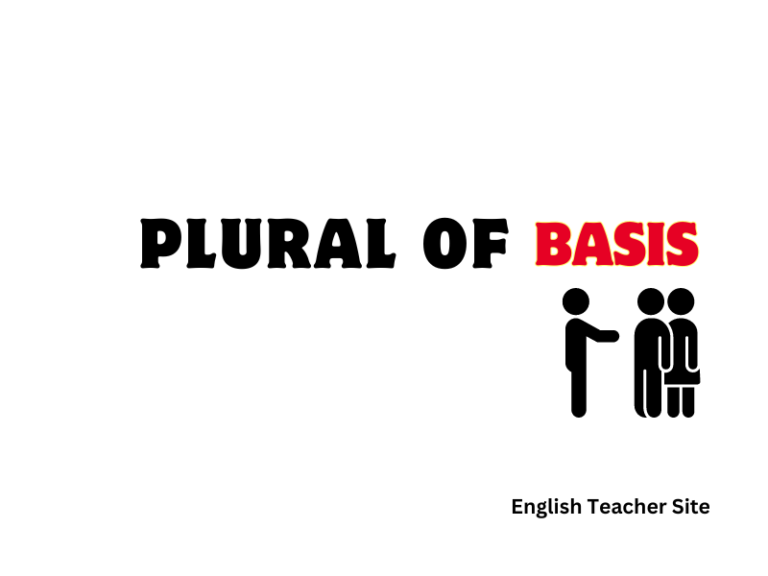Is It Cost or Costed: Understanding the Past Tense of “Cost”
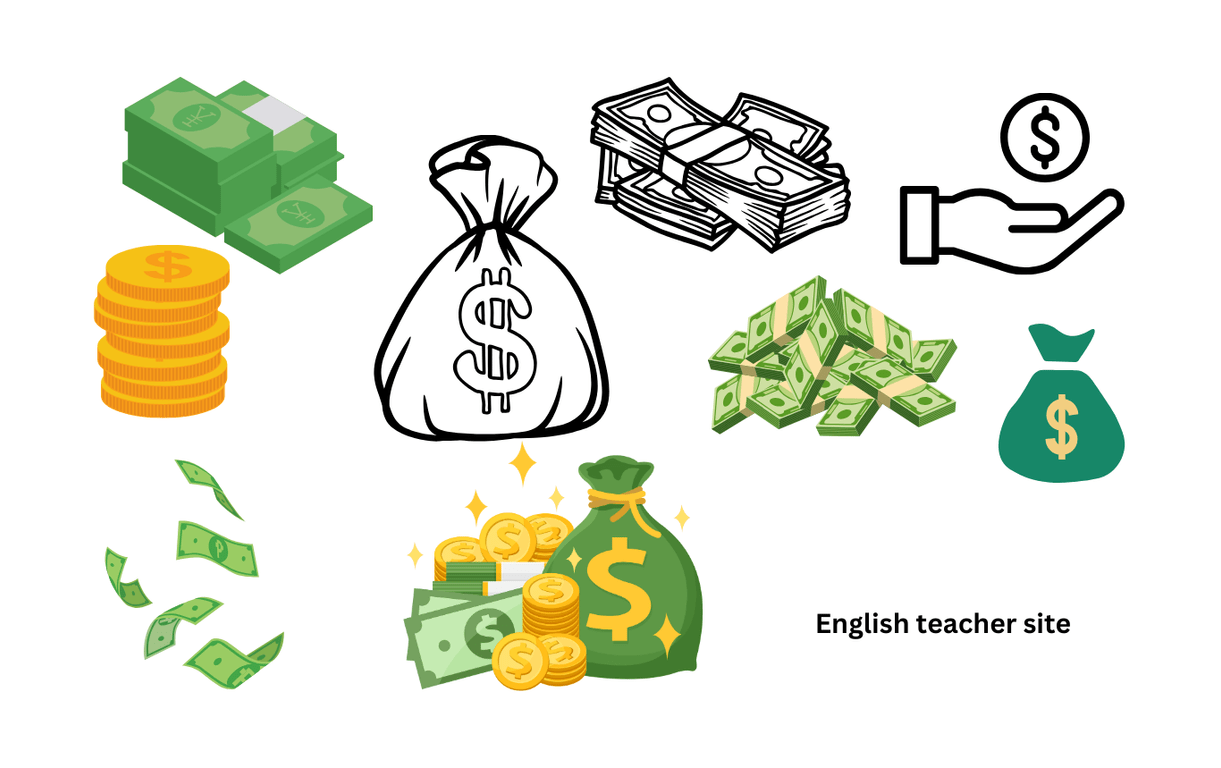
- ‘Cost‘ remains the same in the present and past tense, as well as the past participle.
- The use of ‘costed’ is incorrect in standard English grammar.
- ‘Cost‘ can denote both monetary and non-monetary value in various contexts.
It’s important to distinguish this verb from those that do change form, as using the nonexistent ‘costed’ can lead to errors in both writing and speech. The verb ‘cost’ is applied in the same form across present and past situations, whether conveying the monetary value of an object or expressing the price one has paid for something in the past.
Is it cost or costed? What’s the past tense of cost?
One common question that arises is about the correct past tense of the verb “cost.” To clarify, the past tense and past participle of “cost” remains the same as the base form. The verb “cost” is considered an irregular verb. Therefore, it does not follow the typical “-ed” ending that many regular verbs adopt in their past forms.
The correct past tense of cost is “cost,” not “costed.”
Here is a simple guide to understand this verb in different tenses:
| Tense | Verb |
|---|---|
| Present | cost |
| Past | cost |
| Past Participle | cost |
Examples in sentences:
- Present: The book costs ten dollars.
- Past: The book cost ten dollars yesterday.
- Past Participle: The book has cost ten dollars since last year.
To further illustrate the use of “cost” in sentences:
- Bulleted list of present tense usage:
- The meal costs $15.
- Water costs more in arid regions.
- Bulleted list of past tense and past participle usage:
- Last month, the meal cost $15.
- The meal has cost $15 for several months.
The verb “cost” retains its form across different tenses, making it easier to remember. This rule is supported by various grammar resources that affirm “cost” should be used for both past and past participle tense. For more in-depth explanations and examples regarding the past tense of “cost,” refer to resources like Grammarhow and EnglishCurrent.
Exploring the Verb ‘Cost’
Understanding its proper usage is essential, especially since it belongs to the category of irregular verbs.
Grammatical Rules and Tenses
Cost is an irregular verb. That means it doesn’t follow the standard patterns of conjugation that regular verbs do. Being aware of its correct forms across different tenses prevents grammatical mistakes. The past simple and past participle form of “cost” remains “cost,” unlike regular verbs that typically end in -ed.
| Tense | Form |
|---|---|
| Present | cost |
| Past | cost |
| Past Participle | cost |
| Gerund (Present Participle) | costing |
Usage in Financial Contexts
In financial terms, cost reflects the amount of money or resources spent on a project or to acquire an item. It is not just a transitive verb; it can also act as a noun representing the expense incurred during the purchase or production of goods and services.
- Verb: The new machinery cost the company $500,000.
- Noun: The cost of the new machinery was significant.
Examples of Using “Cost” in Everyday Scenarios
“Cost” frequently appears in everyday language to discuss the price of items or the expenditure on activities.
- It cost her an arm and a leg to repair the car.
- The trip might run you a few hundred dollars in expenses.
Common Idioms and Phrases
There are various idioms that employ “cost” to describe the extent of effort or expense one is willing to endure to achieve something.
- At all costs: Preserve the confidentiality of the project at all costs.
- What it will cost: He didn’t realize what it would cost him to lose that deal.
Synonyms of “Cost”
When discussing the amount or estimate of money required, other terms can be used as synonyms for “cost.”
- Charge: The charge for the service was higher than expected.
- Value: The value of the asset was equal to its original cost.
Phrases with “Cost”
The verb “cost” pairs with various phrases to describe financial scenarios and outcomes, such as providing an estimate or even a more philosophical value judgment.
- Cost estimate: They requested a detailed cost estimate for the construction work.
- Value for money: The project didn’t give good value for money.
Present Tense of “Cost”
In English language, the verb “cost” retains a consistent form in the present tense, regardless of the subject. It does not add an “s” for third person singular, which is a unique characteristic compared to most other verbs.
Examples with the present tense of “cost”
The term is used to express the amount of money required to purchase a good or service. Below are two tables, each depicting different uses of “cost” in the present tense.
Table 1: Singular Subjects
| Subject | Sentence |
|---|---|
| It | It costs $20 to see a movie. |
| This book | This book costs $15. |
Table 2: Plural Subjects
| Subject | Sentence |
|---|---|
| They | They cost more than expected. |
| These toys | These toys cost less during the sale. |
Here are additional bullet points with examples to provide more context:
- The car costs $30,000.
- A cup of coffee at that cafe costs $3.
- How much do the concert tickets cost?
Notice that with third-person singular subjects, such as “it” or “this book,” the verb “cost” does not get an additional “s” which is unique to the verb. With plural subjects, like “they” or “these toys,” the verb remains the same.
Past Tense: “Cost”
The past tense form of the verb “cost” is identical to its present tense. It does not follow the regular pattern of adding -ed as many other verbs in English do. This is because “cost” is an irregular verb, and its past tense remains “cost.”
Examples with the past tense of “cost”
The following table outlines sentences in both the present and past tense to showcase the use of “cost.”
| Present Tense Sentence | Past Tense Sentence |
|---|---|
| How much does this book cost? | How much did this book cost? |
| The production costs a significant amount of money. | The production cost a significant amount of money. |
To further clarify usage, consider these bullet-pointed examples:
- The concert ticket cost $50, not including fees.
- Last year, the trip to Spain cost them several thousand dollars.
- She recalled that the vintage dress cost less than expected.
The form “costed” is sometimes used but typically in a different context, such as in costing out a project, and not as the past tense of the verb “cost.” Therefore, when referring to the price or expense of something in the past, one should always use “cost.”
Past participle Tense of “Cost”
The past participle form of a verb is often used in perfect tenses and passive constructions. For the verb “cost,” the past participle is the same as the simple past form.
Examples with the past participle tense of “cost”
Utilizing the past participle form of “cost” in a sentence correctly is crucial for clear communication. Below, find examples that make this distinction clear:
- Simple Past: The computer cost $1,000.
- Past Participle: The computer has cost $1,000.
| Subject | Has/Have/Had | Past Participle | Complete Sentence |
|---|---|---|---|
| The project | has | cost | The project has cost the firm $20,000. |
| The repairs | have | cost | The repairs have cost more than anticipated. |
| The vacation | had | cost | The vacation had cost them a month’s salary. |
In perfect tenses, the past participle “cost” is coupled with the appropriate form of “have” or “had” to convey actions or states of being that are complete with respect to another time. These constructions often serve to express costs incurred over time or to emphasize results of spending.
- Present Perfect: The upgrades have cost the company a significant amount.
- Past Perfect: By the end of the fiscal year, the expansions had cost the corporation millions.
Use of Past Participle “cost” in Passive Voice:
- The new stadium has been costed at an estimated $500 million.
While “costed” can be found in certain dialects and accounting terminology, especially as part of an estimation or budgeting process, standard English usage typically prefers the unchanged “cost” as the past participle.
Offering additional examples of using “cost” in various contexts
The verb “cost” is a great example of an irregular verb, which can cause confusion due to its unchanging form in the past tense. Below are contextual examples of how “cost” is used, demonstrating that its past tense does not take the typical -ed ending.
Present Simple:
- The book costs $15.
- Their advice usually costs nothing.
Past Simple:
- The book cost $15 last year.
- They said their service cost nothing at that time.
Past Participle:
- The book has cost me a lot more than just money.
- Their help has cost quite a bit in the long run.
To provide a broader understanding, we will examine “cost” in various sentence structures:
| Sentence Structure | Example |
|---|---|
| Affirmative | The repair work cost $250. |
| Question | How much did the concert tickets cost? |
| Negative | The consultation did not cost anything. |
In the context of a hypothetical situation or mentioning a general truth:
- If one were to purchase a new car, it could cost thousands of dollars.
- Major home renovations often cost more than originally planned.
Remember, “costed” is a valid past tense form as well, but its usage is less common and typically appears in different contexts, such as inventory-related or accounting situations where items are “costed” or evaluated for their value.
To summarize, the verb “cost” maintains its form across present, past, and past participle uses in most conversational and written English, making it an exception to the rule and a verb worth noting for its simplicity and consistency in these common tense situations.
Source
Harper, Douglas. “Etymology of cost.” Online Etymology Dictionary
“Cost.” Farlex Dictionary of Idioms
My name is Khamis Maiouf. I am the creator of the English Teacher Site, dedicated to providing valuable resources and insights for students around the world. With a passion for education and a commitment to helping students enhance their skills, I aim to make English teaching more effective and enjoyable for both educators and students.

